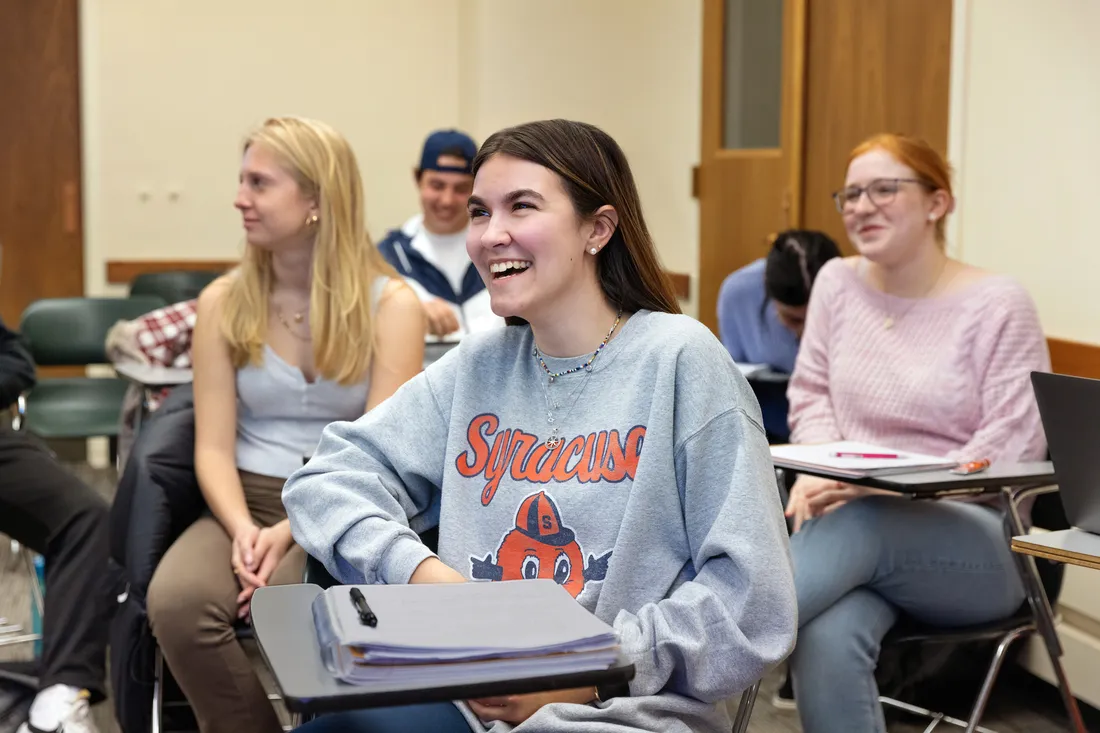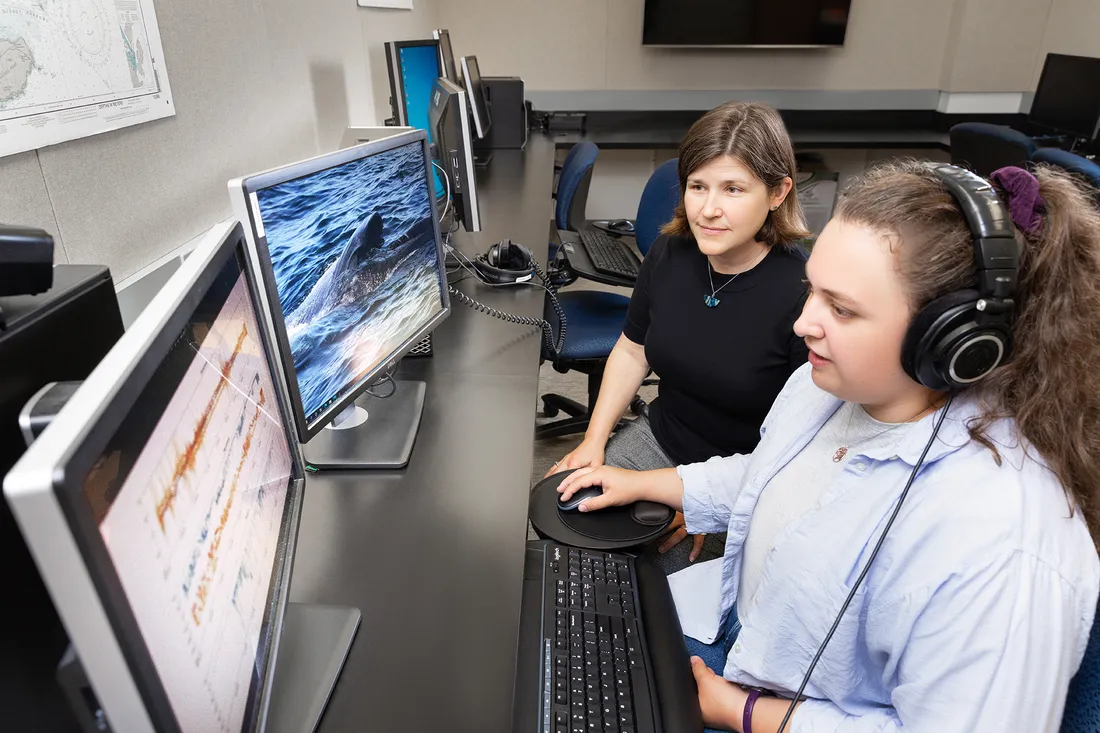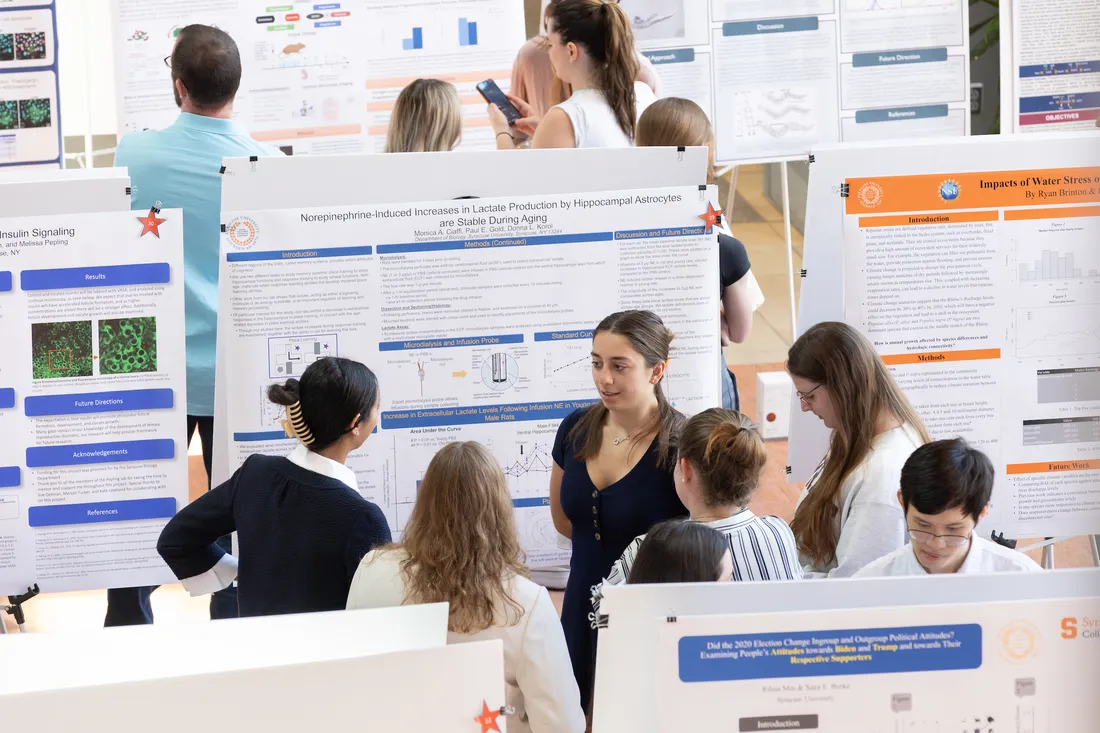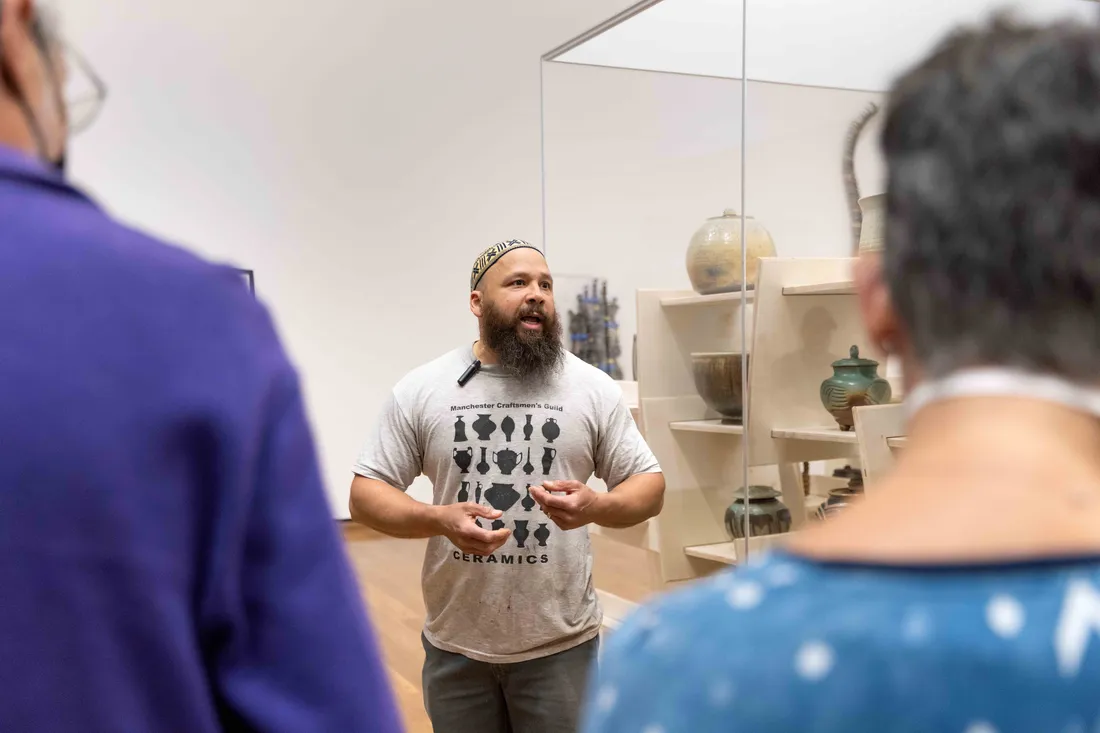Bold Breakthroughs. Boundless Futures.
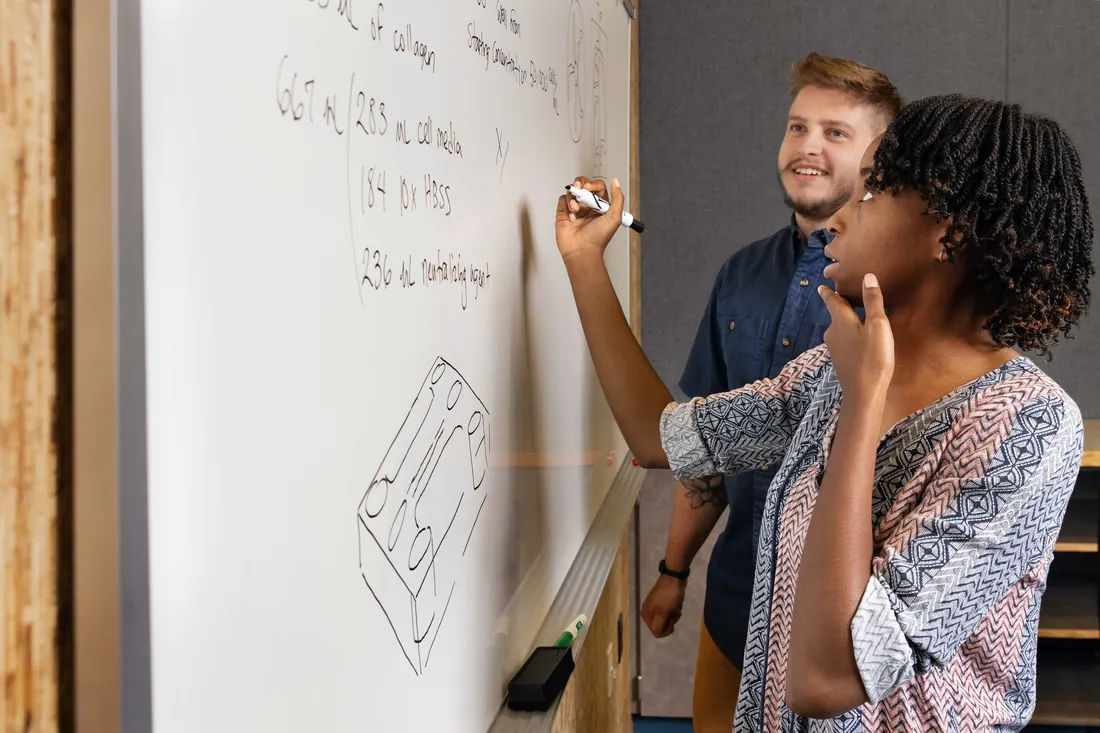
Our status as a Carnegie Doctoral University with very high research activity (R1) means students can contribute to groundbreaking discoveries alongside world-class faculty and scholars.
Syracuse University is one of 39 private doctoral universities nationwide to hold this classification. R1 classification factors include total research expenditures, full-time faculty and research staff, and number of postdoctoral fellows and doctoral degree conferrals.
Stats and Facts
Powerful Inquiry. Practical Solutions. Purposeful Expression.
Whether it’s discovering new corners of our universe with world-renowned researchers or finding new ways to tell powerful stories, we work together as scholars and creative thinkers to advance our fields.
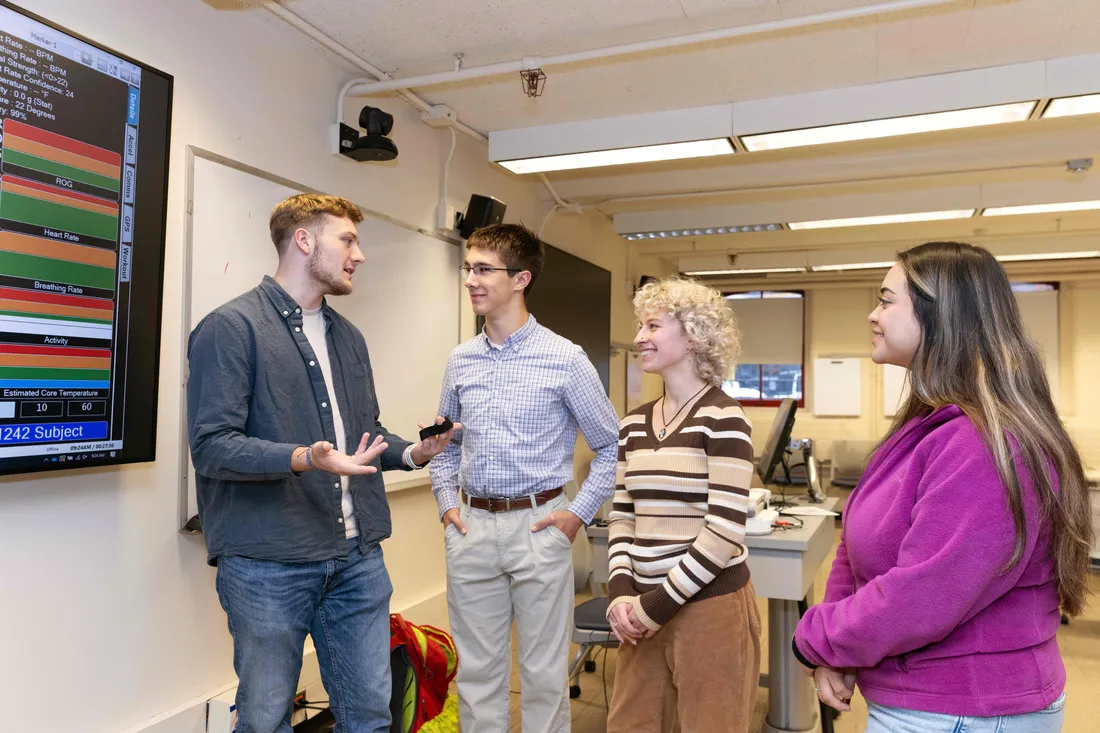
Distinctive Research Excellence
United as one university, we’re committed to achieving excellence in five core thematic areas across every school, college, department and academic support unit.
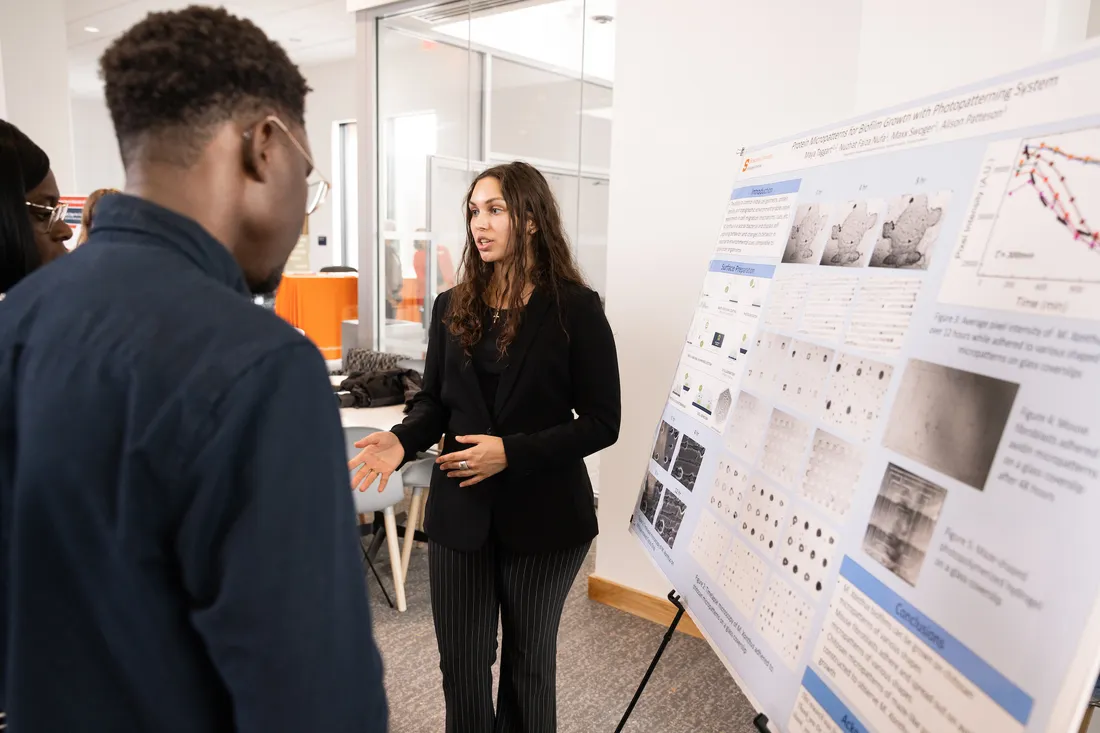
Undergraduate Research
We foster a culture of undergraduate research excellence, providing students with opportunities to take part in innovative research projects. These hands-on experiences empower students to develop critical skills, expand their knowledge and make meaningful contributions to their fields of study.
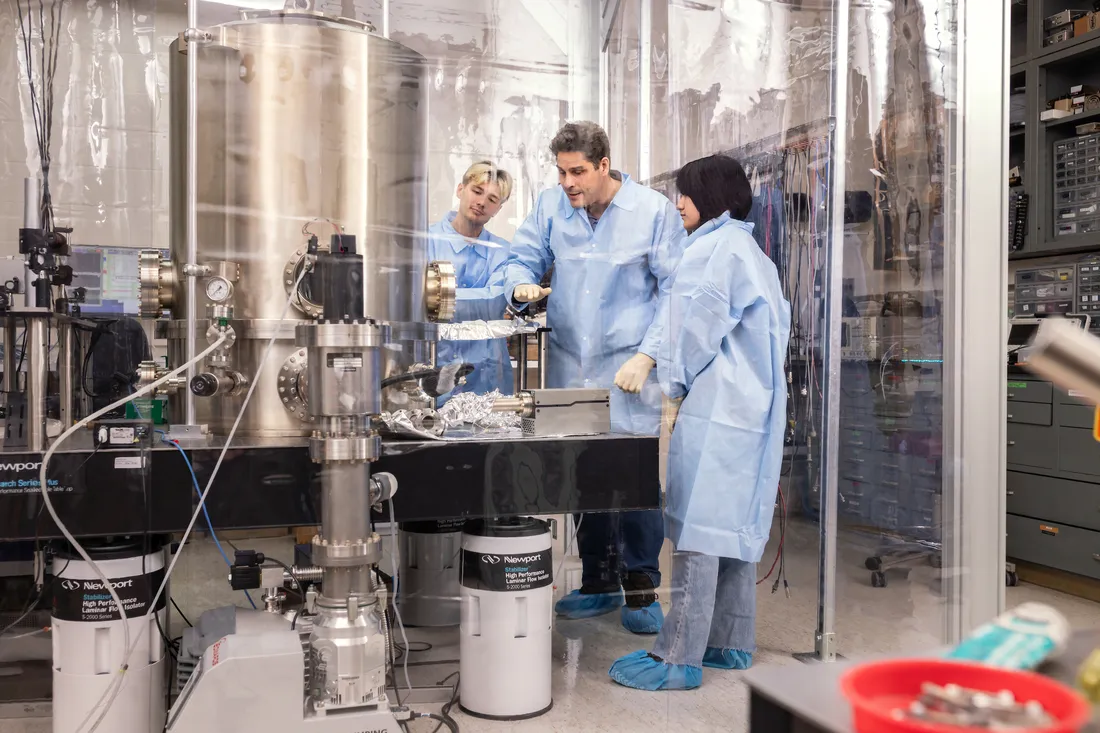
Graduate Research
World-class faculty, state-of-the-art facilities and a collaborative atmosphere create the ideal setting for graduate students to advance their research and contribute to cutting-edge discoveries.
We eventually came up with software that would let us design almost any kind of controller we wanted. I learned technical skills and strategies that will benefit me for years to come.
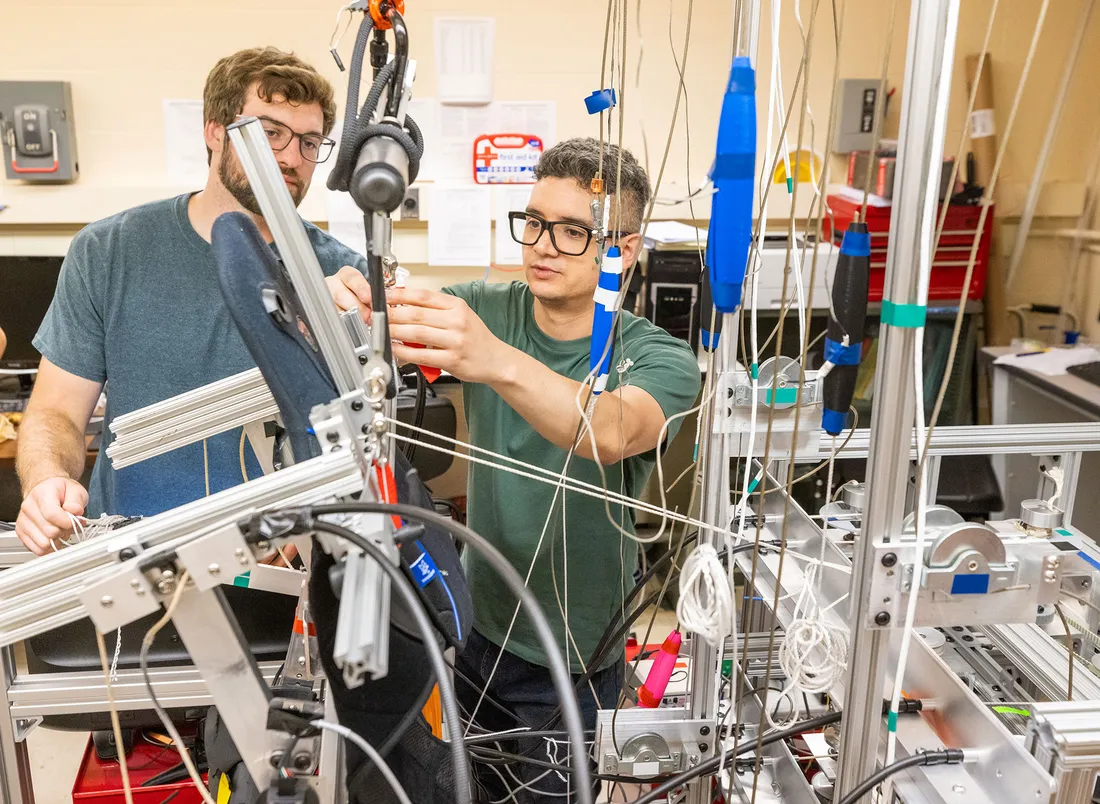
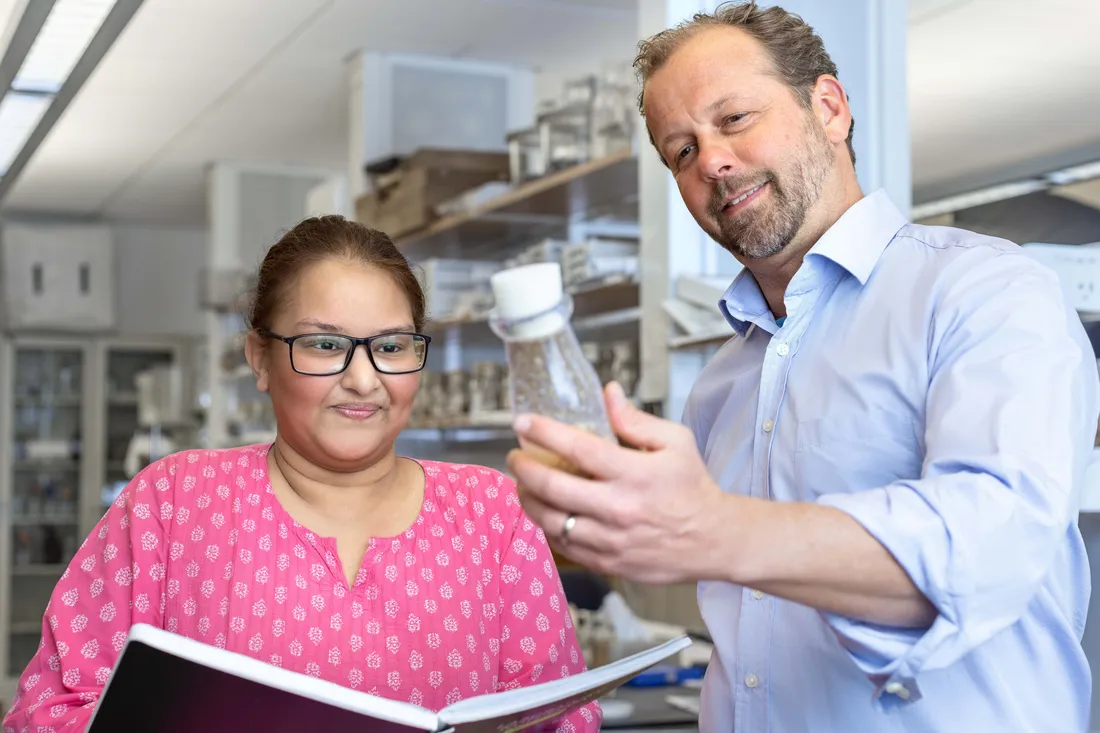
Research Facilities
As a premier research institution, our state-of-the-art research facilities are designed for all inquiring minds across a spectrum of disciplines.
Learn more about our facilities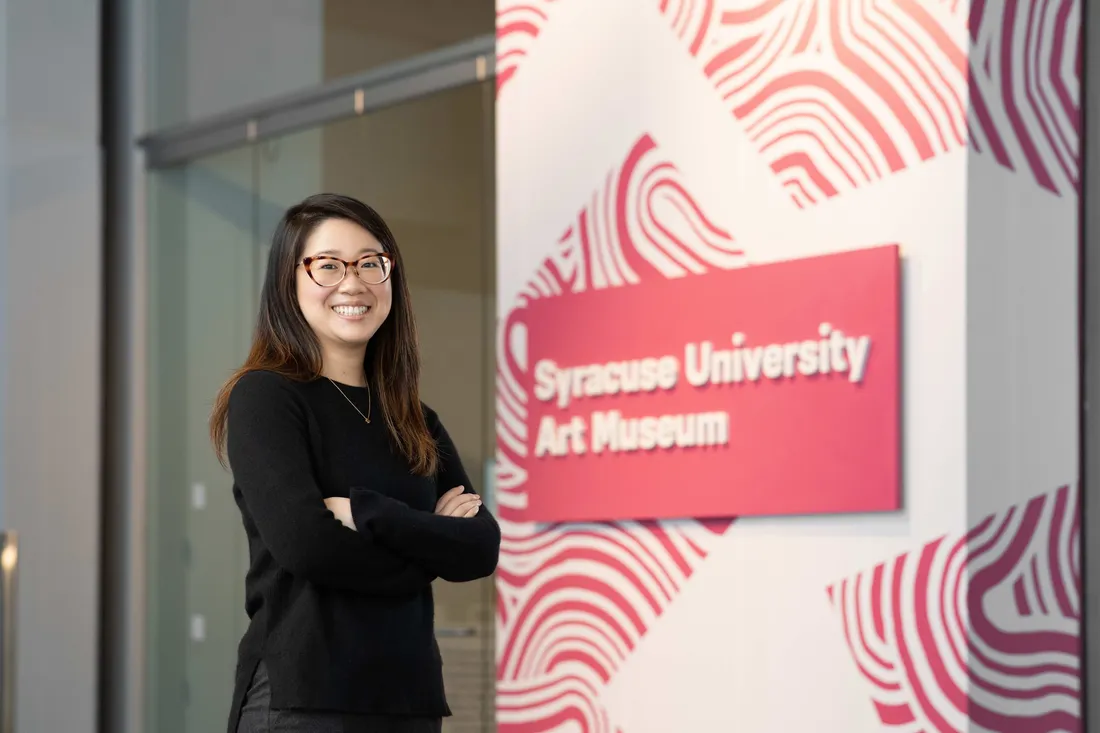
University Research Centers and Institutes
Discover the centers and institutes at the forefront of innovation, pushing the boundaries of human knowledge and addressing the world’s most pressing challenges.
Explore our research centers and institutesAlso of Interest
Office of Research
The Office of Research is the central hub for research support at Syracuse University.
About Syracuse University
At Syracuse University, we provide educational pathways for nearly every passion and ambition.
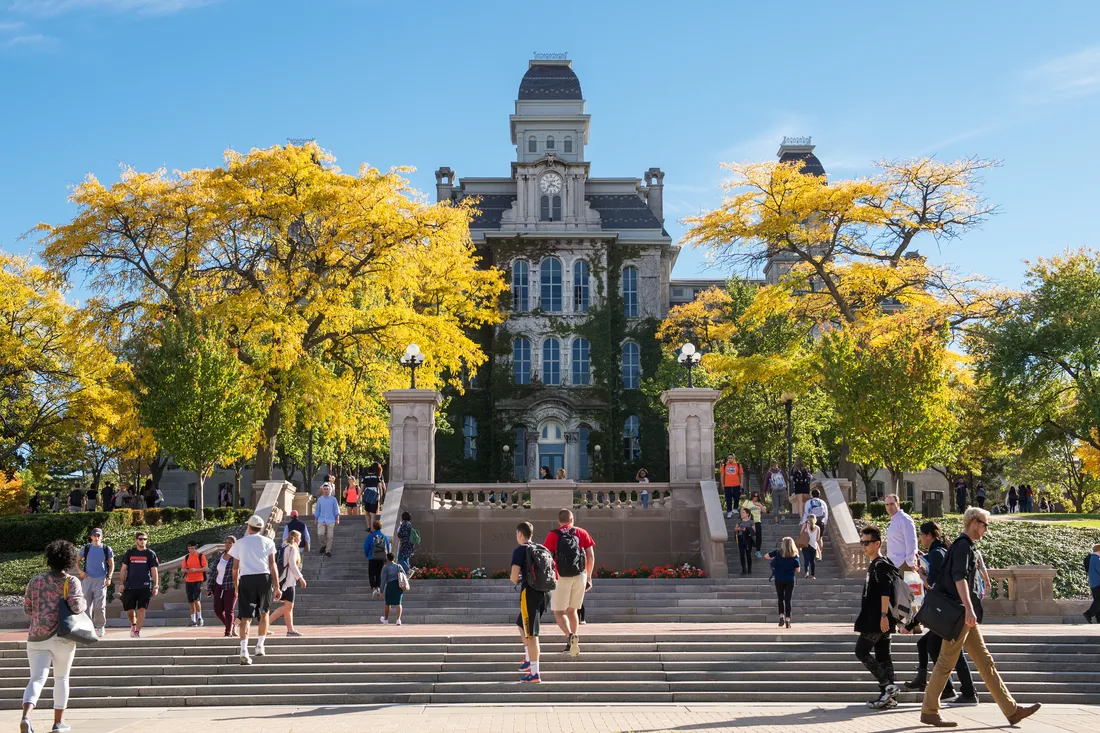
Academics
Learn at a top-tier research institution where you can pursue your passions, develop your skills and realize your ambitions.
